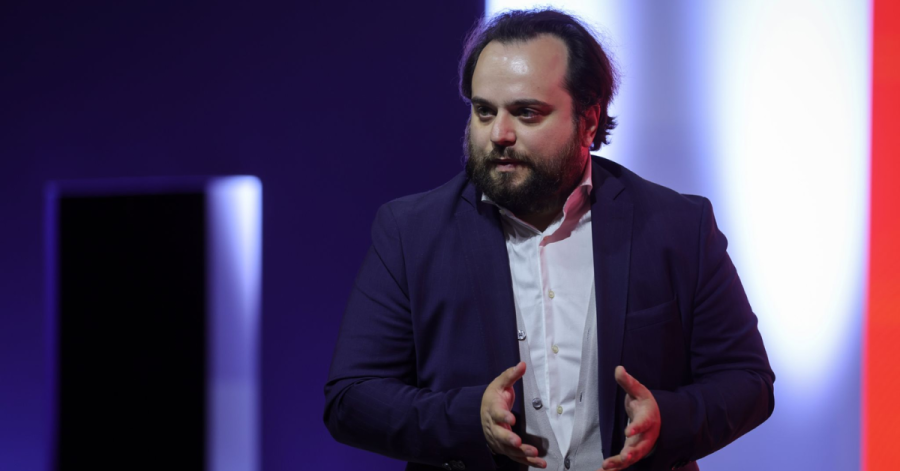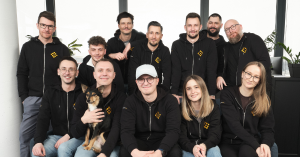As the EU AI Act was approved exactly one year ago, in December 2024, it set the direction of the European Union’s approach to AI regulation. A few months later, some countries across the bloc sprang into action, revisiting their national AI strategies to align with the new legislative framework. For the CEE region, this presented an opportunity to catch up in the race for AI leadership. However, as the dust begins to settle, the gap between ambition and action is becoming increasingly evident.
A step forward, but how far?
In the Czech Republic, the announcement of updated AI strategies coincided almost perfectly with the EU AI Act’s publishing in the Official Journal, in July 2024. Romania followed suit, unveiling its own revisions. On the surface, this seemed to signal a coordinated effort to integrate ethical AI principles into national policies. But as Edward Cretescu, President of Romania’s ANIS, puts it, “This is a step in the right direction, but we need greater clarity around implementation.”
Cretescu highlights a key issue: while the documents lay out frameworks and emphasize areas like education and workforce readiness, they often lack specifics. There are few measurable goals, no detailed timelines, and an unclear roadmap for application in critical areas such as public services.
For the other CEE countries, the new AI plans might be work in progress, with most of the documents being drafted in 2020, 2021 or even 2019 for Slovakia.
This lack of clarity is not something new for the region, as seen in other contexts. It seems that we are quite good at drafting ambitious strategies, but struggling to turn them into actionable blueprints.
The weight of uncertainty
For AI companies operating in the region, the stakes are high. Promises of support and growth in sectors like research and public services are tempered by a lack of funding transparency. “Without investment in top research and the creation of appropriate institutions, there can be no real innovation,” argues Martin Vechecv, a Computer Science professor and director of Bulgaria’s INSAIT. “There are no people to do it.”
Vechecv’s warning underscores another major obstacle: the talent pipeline. While governments in the region recognize the importance of developing AI skills, the absence of clear, actionable programs makes it difficult to attract and retain talent.
Without skilled professionals, even the best-laid strategies may falter.
Progress in pockets
Not all is bleak. Bulgaria’s INSAIT, a collaborative initiative supported by both the government and private sector giants like Google and Amazon Web Services, offers a glimmer of hope. With $100 million in state funding and $15 million from private investors, it is one of the rare examples where financial backing matches strategic intent.
Similarly, Poland’s Group on Artificial Intelligence (GRAI) is working to create conditions for AI innovation, particularly in research and business. The Czech Republic has formed dedicated working groups to address everything from education to international cooperation. But these initiatives are the exceptions rather than the rule.
A fragile path forward
The challenges facing CEE countries are not unique, but they are pressing. The EU AI Act has set the direction, yet each nation has to contribute with their own strategy, based on their specific needs.
Clearer objectives, detailed funding plans, and effective monitoring mechanisms are urgently needed to close the gap between vision and reality. Without these, the risk is that the region’s national AI strategies will remain aspirational documents rather than steps for change.








